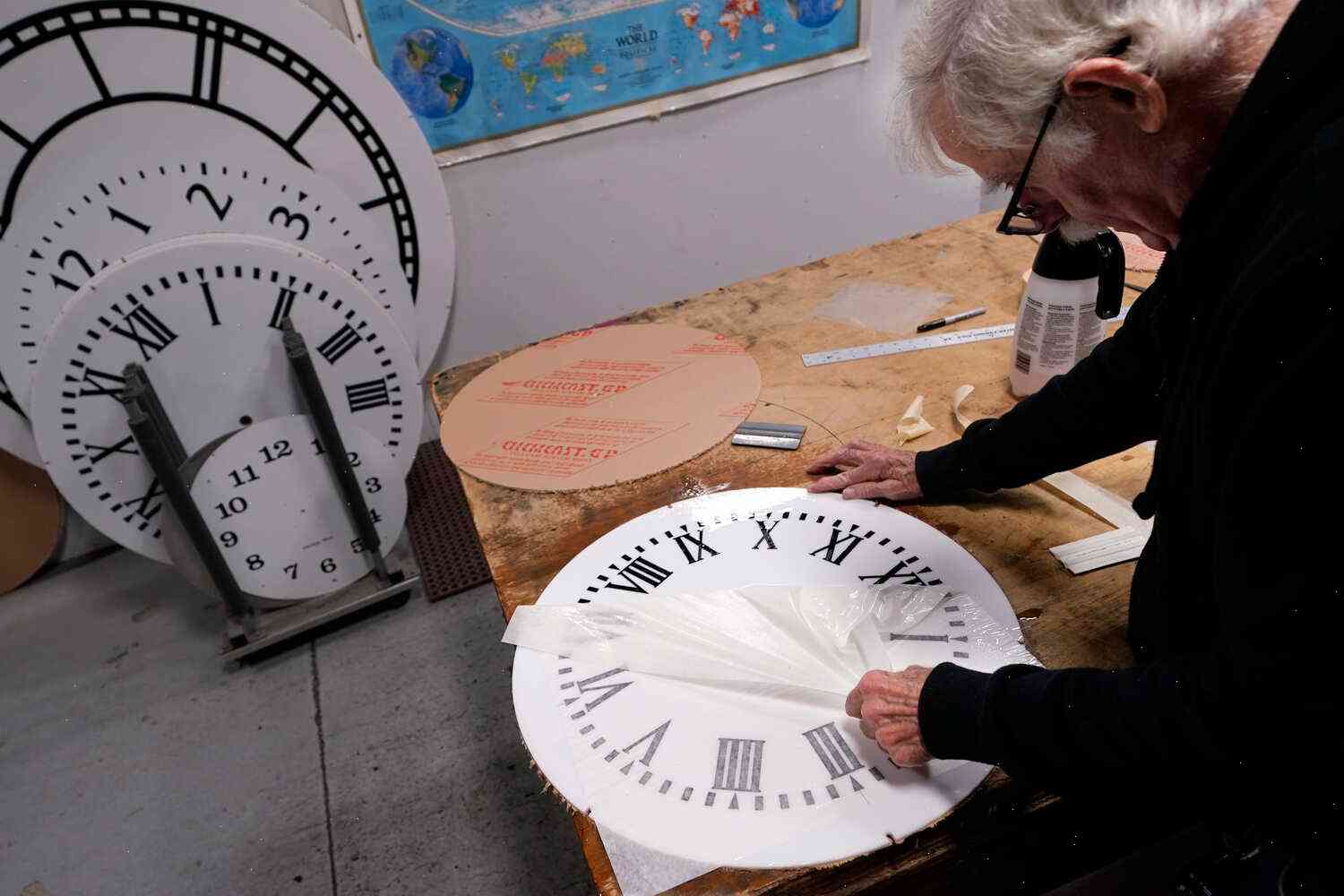It’s Official: The Leap Second Will Be Retired (a Decade from Now)
We have been here before. Back in 2006, I wrote about the last-second leap-second change, which pushed back the start of the leap second by exactly 10 seconds. In retrospect, it was an excellent decision from the standards group. But it’s not the kind of thing you take lightly.
Last-second changes to leap seconds can have really big effects, both in terms of how computer systems work and the accuracy of their timekeeping. For example, the 2007 World Series ended a week early because of the 10-second discrepancy in leap-seconds. In fact, an average leap-second error of about nine seconds in the month leading up to the World Series resulted in an extra nine or 10 minutes per game.
There are also some benefits to using leap seconds. Most importantly, leap seconds allow computer clocks to run much faster, which helps with online banking transactions and other vital business activities, and with some games in arcade-style games consoles. In addition, leap seconds allow more accurate timing for various types of equipment. For instance, an engine in a car can be timed more accurately than a battery in the car, which allows more reliable battery charging and improved mileage.
That said, there are some downsides to using leap seconds, too. The most obvious is that, due to the fact that so many people use them, there have been a lot of leap-second changes in the past several years. There are now 11 leap seconds in the current year, but, as we’ve seen, many of them were unneeded and/or caused problems that didn’t need solving—like the World Series ending a week early, for example. In addition, a lot of leap-second changes have been made for no reason at all.
A new International Science Committee is being formed to fix these last-minute changes. The current committee—the International Earth Rotation and Solidity Service (IERSS)—is set to retire in about a decade. This IERSS will be replaced by a new committee, the International Earth Rotation







